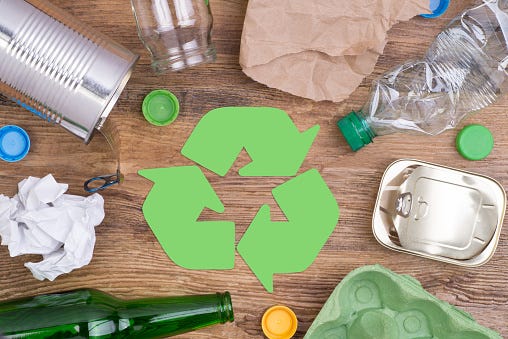Plastics recycling has emerged as being a essential answer to mitigate the ecological affect of plastic spend. Here is a comprehensive investigation of your dynamics encompassing plastic recycling:
1. Monetary Things to consider:
Market place Need: The interest in reused plastics fluctuates depending on elements including asset rates and consumer preferences.
Recycling Business economics: The business economics of plastic recycling depend upon factors like assortment charges, digesting bills, and market rates for reprocessed materials.
2. International Styles:
Laws: A lot of countries around the world have implemented polices to advertise plastic recycling, which include extended producer accountability (EPR) regulations and plastic bans.
Worldwide Trade: The worldwide business of reused plastics impacts recycling trading markets and offer chains globally.
3. Technological Developments:
Automation: Computerized sorting and handling technologies increase the productivity and scalability of plastic recycling operations.
Substance Rehabilitation Establishments (MRFs): MRFs use sophisticated devices to different recyclable materials successfully.
4. Ecological Impact Assessment:
Existence Period Evaluation: Analyzing the enviromentally friendly footprint of plastic recycling consists of studying the complete lifestyle cycle of plastics, from manufacturing to convenience.
Carbon dioxide Footprint: Recycling minimizes greenhouse petrol emissions in comparison to producing virgin plastics.
5. Rounded Economic system Endeavours:
Sealed-Loop Systems: Implementing closed-loop recycling methods fosters a spherical overall economy where materials are continuously used again and recycled.
Merchandise Layout: Developing products for recyclability and adding recycled components into developing processes encourages circularity.
6. Community Recognition and Training:
Outreach Programs: Instructional campaigns raise consciousness about the importance of plastic recycling and appropriate squander managing methods.
Behaviour Change: Motivating individuals and businesses to embrace recycling behavior and support lasting endeavours is important for driving a vehicle transform.
7. Interpersonal Effects:
Task Creation: The increase in the recycling sector provides job opportunities in selection, processing, and manufacturing.
Local community Engagement: Fascinating areas in recycling applications encourages a sense of environmental obligation and group action.
8. Challenges and Options:
Contaminants: Contaminants in recycling streams create obstacles to the good quality and marketability of re-cycled plastics.
Advancement: Making an investment in study and improvement can open opportunities for scientific innovations and method upgrades in plastic recycling.
In summary, plastics recycling can be a multifaceted project influenced by economical, technical, environment, and interpersonal variables. By dealing with these dynamics thoroughly, we can easily move forward towards a far more eco friendly long term with lessened plastic pollution and improved source of information conservation.



